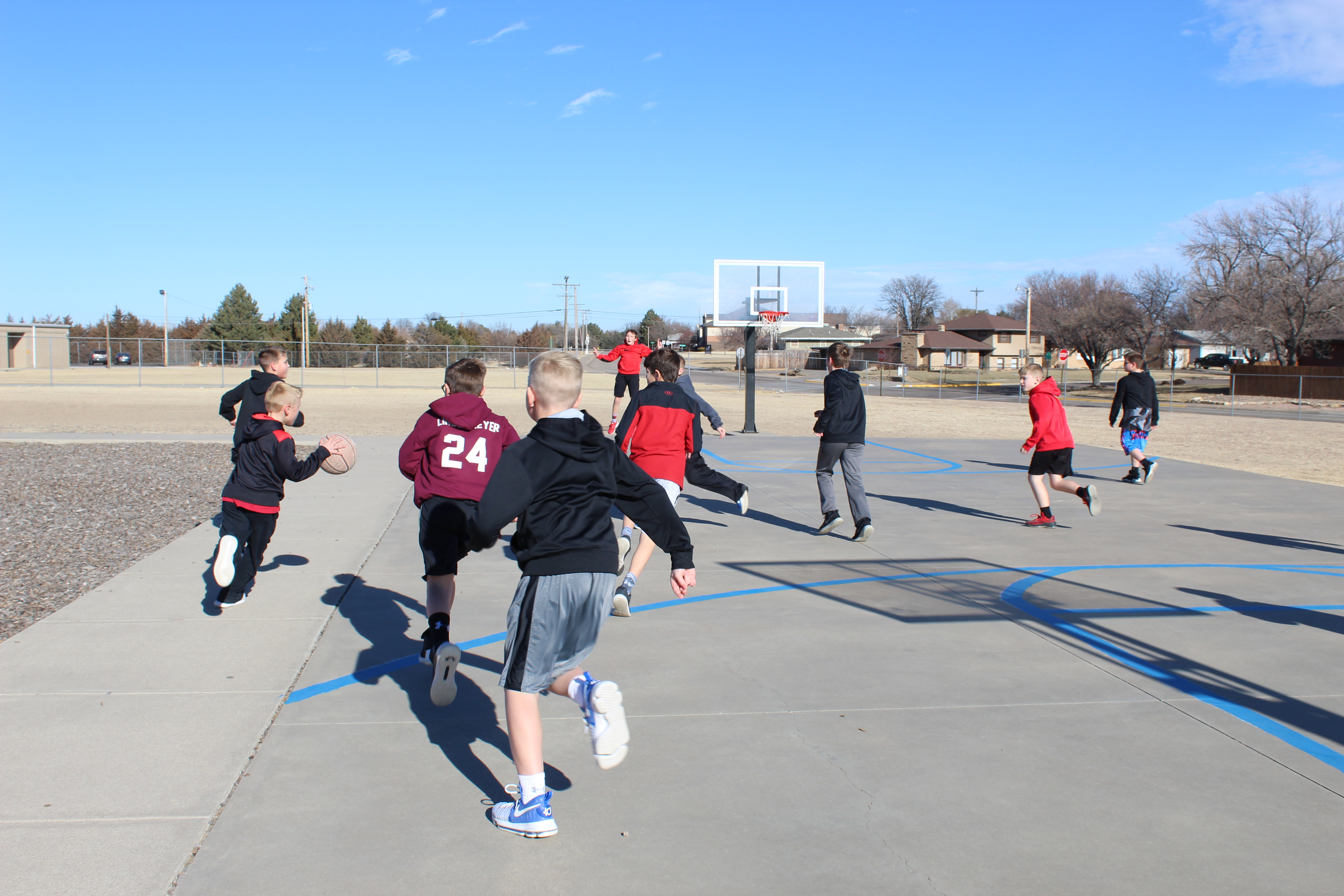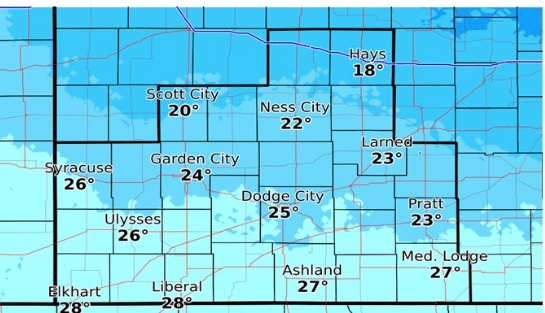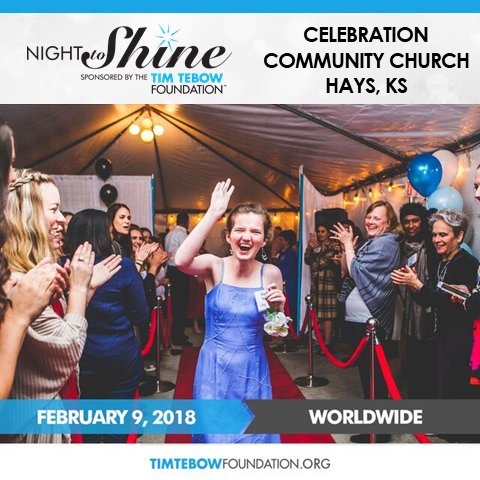
While sub-zero temperatures and snow can be a real pain to farmers and other outdoor workers, the recent cold snap and dusting of snow caused wildlife to move about more, and thus were helpful to trappers and to those who could still hunt deer last week.
Wednesday morning I put out several traps for bobcats. Their fur is best now after January first, and I expected they would be out on the prowl ahead of the cold front that was bringing the cold weather and snow. The first spot was on the edge of a soybean stubble field just a stone’s throw from the city limits at a spot that looked like a bobcat toilet. Yes you read that right; bobcats are merely overgrown house cats at heart and pick sandy spots along field edges that they use like giant liter boxes, making them good places for traps as its assured they will continue to visit there from time to time.
Two traps went there, wired to a couple concrete blocks for an anchor. The next three were all “cubbies,” small enclosures I built from sticks and limbs to mimic where some prey animal might be hiding to escape the wind and snow. One was built against a stubby tree at the corner of an opening in a long thick tree row, one was against a wooden corner fence post where three brushy fence rows converged and the third was along a creek bank in a pile of limbs and field trash. Bait and lure was smeared on the tree inside each cubby, a handful of feathers were tossed inside each and a goose wing or a fuzzy tail excised from a stuffed animal was hung from an overhanging tree limb as an extra attention getter. Unlike coyotes that might be spooked by big gaudy things, bobcats seem to be drawn to flashy objects.
The last trap I set was in a rather interesting location. The creek that drains several ponds at the McPherson Valley Wetlands southeast of Inman has been bone dry now for months, and critters seem to like walking dry creek beds like that. I parked along the road, grabbed a trap and some other provisions, scaled the deep ditch down into the creek bed and began walking to find a suitable spot for a trap. Seventy yards or so from the road two other drainages converge with the creek from the right and left, making sort of a four-way stop where every critter traveling the creek bed from any direction will pass. On the very corner in the bottom of the creek bed was an old muskrat den.
With my trowel, I made the hole big enough to pass for an opening that might be harboring a rabbit or some other tasty bobcat snack, put some lure and a handful of feathers in the back of the hole, set the trap in front and hung an old fluffy stuffed animal tail from a limb on a nearby tree. Looking around me gave me a strange feeling, as less than a year ago, because of the big beaver dam that then stretched for twenty yards just behind me, the water was four feet deep where I now stood, and I trapped a couple big beavers just three feet from where I just set the trap.
The next morning we all awoke to snow and blowing snow, almost like it was actually winter. I garbed –up and headed out into the snowy gale, having to stop along the road a couple times because I could barely see the hood of the pickup. I had a coyote at what I had thought to be the big litter box; one that was evidently out-of-the-loop and didn’t get the memo that it was a “cats only” establishment. There were literally hundreds of fresh coyote tracks in a wide circle around the trapped coyote; either it paraded all around the trap before deciding to investigate, or all its buddies showed up to laugh at its predicament. The rest of the cubbies had snow drifts in their openings and it was still snowing, so I retreated to the house.
The following morning, I again had no catches, but fresh critter tracks, some coyote and some bobcat were everywhere I looked. It took considerable time to scoop the snow out of each little cubby and make sure the traps were not frozen to the ground. As I left each one, I kicked loose dirt around on top of the fresh snow, yet another attention getter that would be seen by passing critters.
As of this writing, I’ve not yet caught any bobcats, but they travel a long ways so now it’s a waiting game. In the meantime, God continues to “wow” me each morning with something. Yesterday it was deer, as more than fifteen white tails “waved” goodbye all across the field as a herd we snuck up on pranced for cover. Later it was a hawk that screamed at me from a tree just above as I sat wedged under a big cedar tree calling coyotes. I feel that if I don’t see something amazing each morning, then I’m just not looking. Although there are currently no roses to stop and smell, slow down and let God amaze you as you continue to Explore Kansas Outdoors!
Steve Gilliland, Inman, can be contacted by email at [email protected].






















